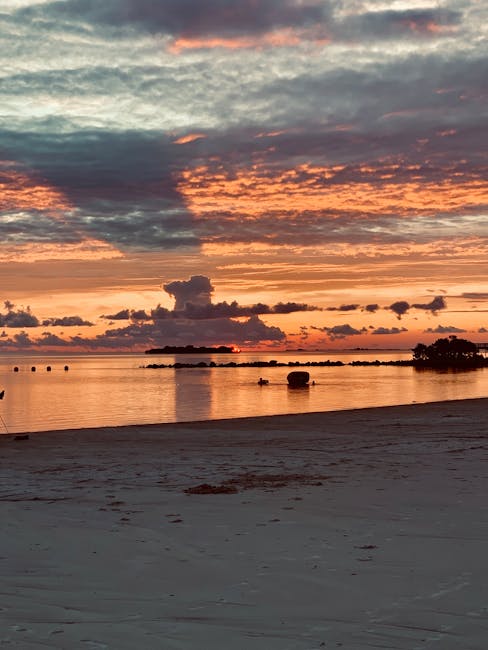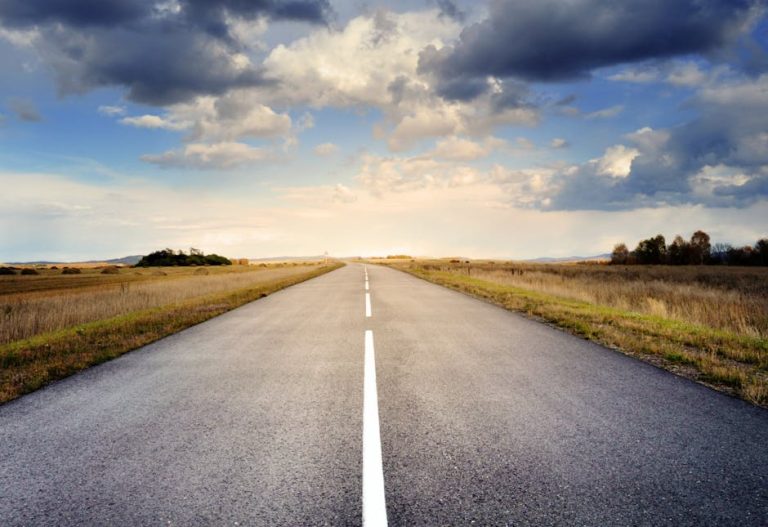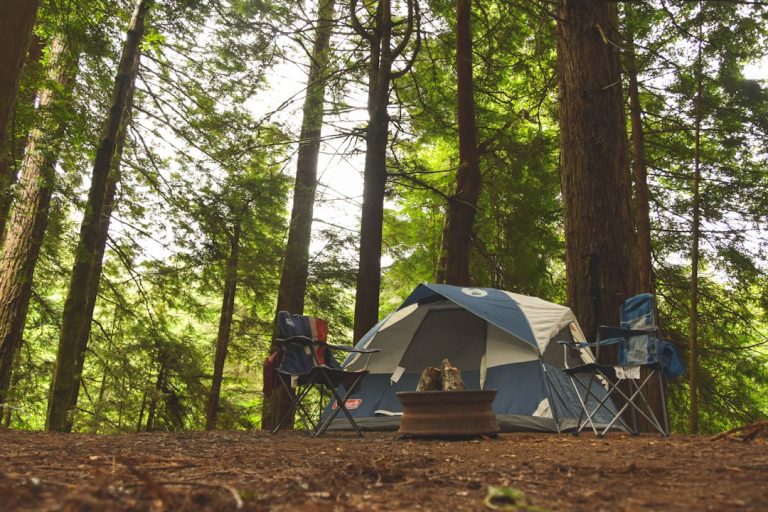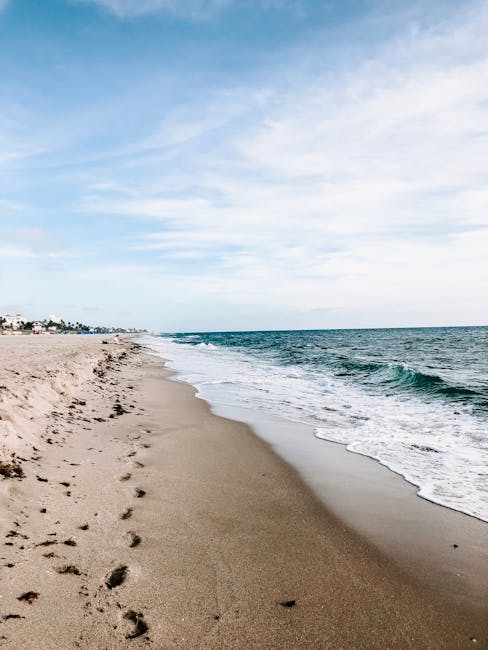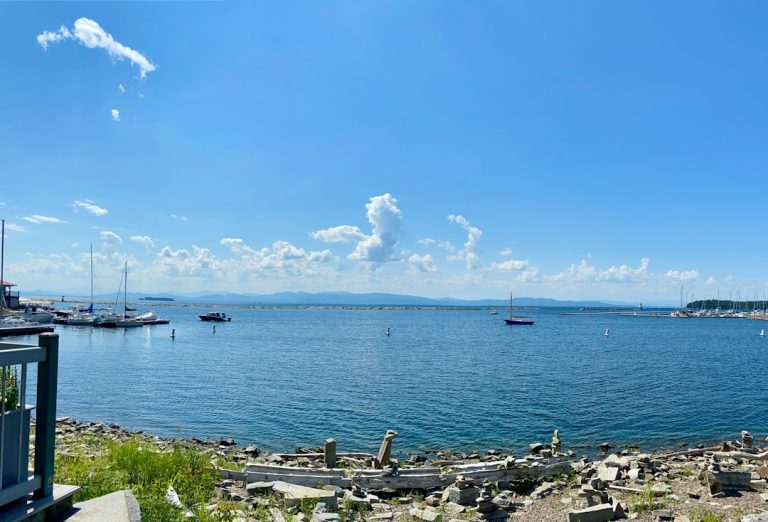Dreaming of sunshine, turquoise waters, and swaying palm trees? Camping in the Florida Keys offers exactly that – a unique experience unlike any other camping trip. Forget mountains and forests; think coral reefs, ocean breezes, and the sound of waves lulling you to sleep. As an experienced Florida camper, I can tell you firsthand that camping in the Keys is an adventure you won’t soon forget, but it requires a little planning to make the most of it.

Why Camp in the Florida Keys?
There are plenty of reasons why the Florida Keys should be at the top of your camping list. First, the scenery is absolutely stunning. Imagine waking up to a sunrise over the ocean, spending your days snorkeling or kayaking in crystal-clear water, and ending the day with a campfire under a blanket of stars.
Beyond the beauty, camping in the Keys offers a more affordable way to experience this popular destination. Hotels can be pricey, especially during peak season. Camping allows you to save money on accommodations and put those savings towards exciting activities like fishing charters or exploring local attractions.
Finally, camping provides a deeper connection with nature. You’ll be surrounded by the unique ecosystem of the Florida Keys, with opportunities to observe marine life, birds, and other wildlife up close.
Choosing the Right Campground
Not all campgrounds are created equal, especially in the Florida Keys. It’s important to do your research and choose a campground that meets your needs and preferences. Here are a few popular options:
- Bahia Honda State Park: Known for its iconic bridge views and excellent snorkeling, Bahia Honda is a very popular choice. Reserve well in advance!
- Long Key State Park: Offers waterfront campsites and opportunities for kayaking and fishing.
- Curry Hammock State Park: A quieter option with mangrove-lined trails and calm waters perfect for paddleboarding.
- Dry Tortugas National Park: For the truly adventurous! Requires a boat or seaplane ride, but offers unparalleled snorkeling and history at Fort Jefferson. Limited camping is available.
When choosing a campground, consider factors such as the availability of amenities (bathrooms, showers, water hookups), the size of the campsites, and the proximity to activities you’re interested in. Also, pay close attention to whether the sites are tent-only, RV-friendly, or both. Many campgrounds in the Keys book up months in advance, especially during the winter months, so make your reservations as early as possible.
Essential Gear for Camping in the Keys
Packing for a camping trip in the Florida Keys requires a slightly different approach than packing for a typical camping adventure. Here’s a list of essential gear:
- Tent: Choose a tent that’s well-ventilated and can withstand strong winds.
- Sleeping bag and pad: Evenings can get cool, especially in the winter.
- Camp chairs and table: For comfortable relaxation and meal preparation.
- Cooking gear: Portable stove, cookware, utensils, and cooler.
- Sunscreen, hat, and sunglasses: The Florida sun is intense!
- Bug spray: Mosquitoes and other biting insects can be prevalent, especially at dawn and dusk.
- Swimsuit and towel: Essential for enjoying the water.
- Snorkeling gear: Explore the underwater world.
- Water shoes: Protect your feet from sharp rocks and coral.
- First-aid kit: Be prepared for minor injuries.
- Trash bags: Pack out everything you pack in.
Consider bringing a portable fan for extra comfort during hot nights. A clothesline is also handy for drying wet clothes and towels. Remember to pack light, as space can be limited, especially if you’re flying in.
Tips for a Successful Camping Trip
To ensure a smooth and enjoyable camping trip in the Florida Keys, keep these tips in mind:
Make reservations well in advance: As mentioned earlier, campgrounds in the Keys are very popular and often book up months in advance. Secure your spot as early as possible to avoid disappointment.
Be prepared for the weather: The Florida Keys can experience hot, humid weather year-round, with occasional rain showers. Check the forecast before you go and pack accordingly. Be aware of hurricane season (June 1st to November 30th) and be prepared to evacuate if necessary.
Protect yourself from the sun and bugs: Wear sunscreen, a hat, and sunglasses to protect yourself from the sun’s harmful rays. Use insect repellent to ward off mosquitoes and other biting insects.
Respect the environment: The Florida Keys are home to a fragile ecosystem. Be mindful of your impact on the environment by following Leave No Trace principles. Pack out all your trash, avoid disturbing wildlife, and be careful not to damage coral reefs.
Stay hydrated: Drink plenty of water throughout the day to avoid dehydration, especially in the hot and humid climate.
Be aware of marine life: While snorkeling or swimming, be aware of marine life such as jellyfish, sea urchins, and sharks. Avoid touching or harassing any marine animals.
Follow campground rules: Familiarize yourself with the campground’s rules and regulations and be respectful of your fellow campers.
Safety Considerations
While camping in the Florida Keys is generally safe, it’s important to be aware of potential hazards and take precautions to protect yourself. Here are a few safety considerations:
Heat exhaustion and heatstroke: The hot and humid climate can increase the risk of heat-related illnesses. Drink plenty of water, avoid strenuous activity during the hottest part of the day, and seek shade whenever possible. Recognize the symptoms of heat exhaustion (dizziness, headache, nausea) and heatstroke (confusion, seizures) and seek medical attention immediately if they occur.
Sunburn: Protect yourself from sunburn by wearing sunscreen, a hat, and sunglasses. Apply sunscreen liberally and reapply frequently, especially after swimming.
Dehydration: Drink plenty of water throughout the day to avoid dehydration.
Bites and stings: Mosquitoes, no-see-ums, and other biting insects can be a nuisance. Use insect repellent to protect yourself from bites. Be aware of stinging marine life such as jellyfish and Portuguese man-of-war. If stung, seek medical attention.
Wildlife encounters: While encounters with dangerous wildlife are rare, it’s important to be aware of your surroundings and take precautions. Avoid feeding wildlife and keep a safe distance from animals. Be aware of the presence of alligators in freshwater areas.
Frequently Asked Questions
What’s the best time of year to camp in the Florida Keys?
The best time to camp in the Florida Keys is during the winter months (December to April) when the weather is mild and dry. Temperatures are typically in the 70s and 80s, and humidity is lower than during the summer months. However, this is also the peak season, so expect higher prices and crowded campgrounds.
Are there showers and bathrooms at the campgrounds?
Most campgrounds in the Florida Keys have showers and bathrooms, but the quality and availability can vary. Check the campground’s website or contact them directly to confirm the amenities available.
Can I bring my pet camping?
Many campgrounds in the Florida Keys allow pets, but there may be restrictions on the size and breed of pets allowed. Check the campground’s pet policy before you make a reservation. Always keep your pet on a leash and clean up after them.
Is there cell phone service in the Florida Keys?
Cell phone service is generally good throughout the Florida Keys, but there may be some dead spots in more remote areas. Consider bringing a portable charger to keep your phone powered up.
Do I need a fishing license to fish in the Florida Keys?
Yes, you need a fishing license to fish in the Florida Keys, unless you are exempt (e.g., children under 16 or seniors over 65). You can purchase a fishing license online or at most bait and tackle shops.
Camping in the Florida Keys offers an unforgettable experience. By planning ahead, packing the right gear, and following these tips, you can create memories that will last a lifetime. So, pack your bags, grab your sunscreen, and get ready to experience the magic of camping in paradise!

